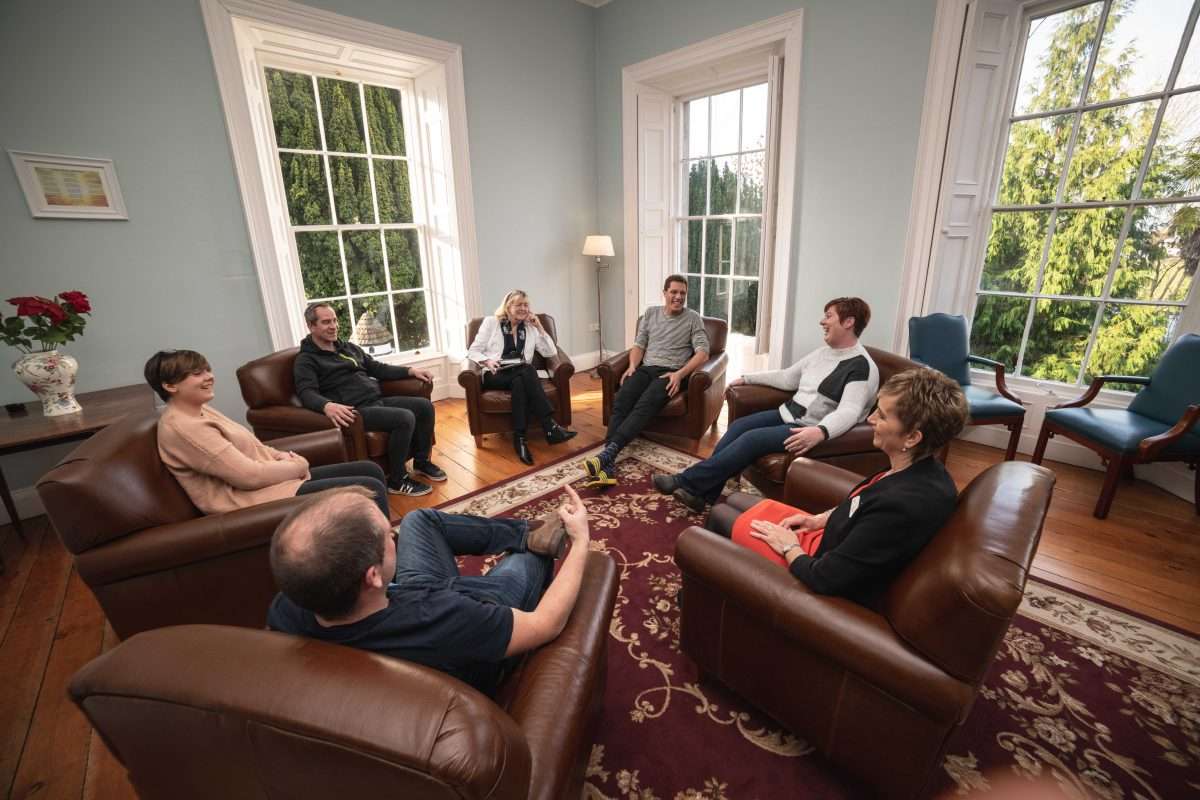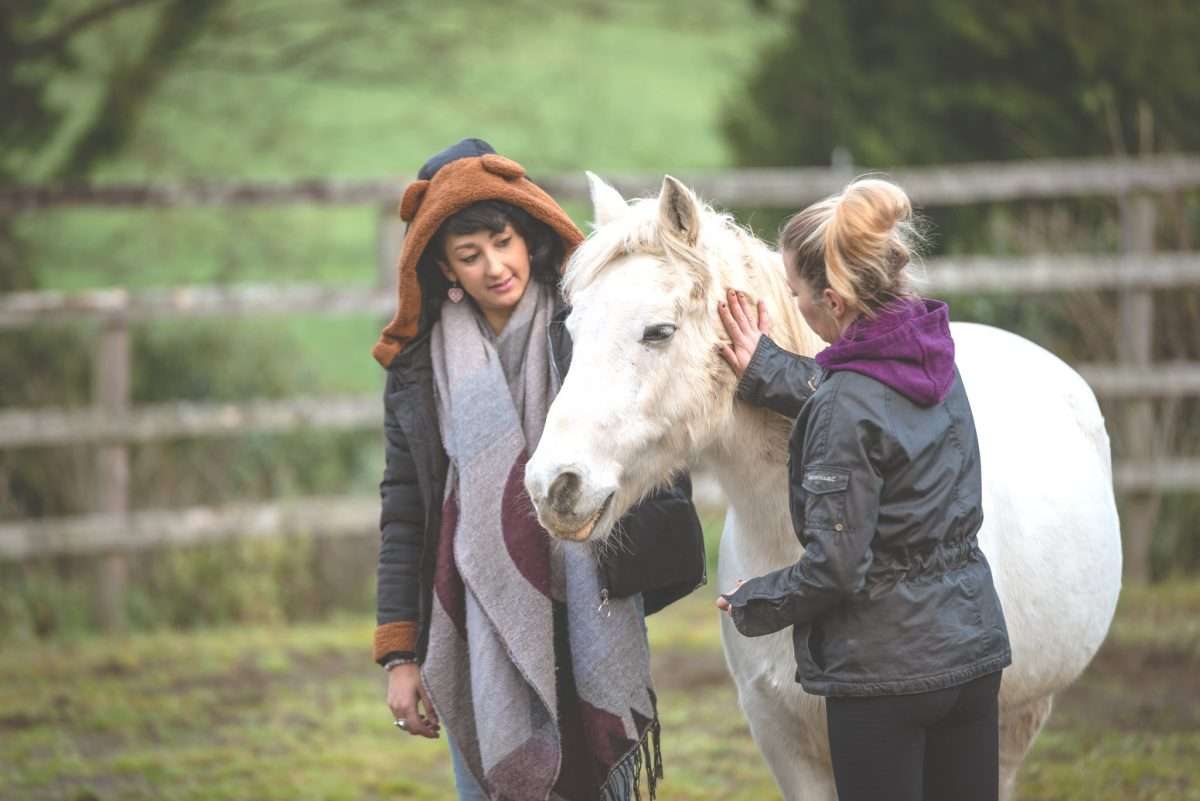
Rediscover Who You Are
Codependency within relationships describes a relationship where one member of the partnership derives their sense of self-worth, identity and well-being from the approval and validation of the other. In cases of addiction, the codependent member of the couple continues to seek validation from the addicted person, despite their increasingly disordered life. They may become involved in the addicted person’s drug-related behaviour and even facilitate it, in order to ensure they are still needed by their partner.
What is Codependency?
It is not always easy for onlookers to spot a codependent relationship as they can have the appearance of functioning normally from the outside. Similarly, it is rare for individuals within the codependent relationship to have a sufficient degree of objectivity to be able to recognise the destructiveness of their relationship.
However, there are some signs of codependency which you can look out for, if you think that you, or someone you know, may be in a codependent partnership:
- Being unable to set boundaries with your partner, or allowing them to repeatedly undermine them
- Feeling as if your own emotional well-being is dependent upon your partner’s well-being
- Adopting all of your partner’s emotions and hardships as your own
- Becoming too invested in your partner’s desires and values
- Intense fear of being alone or abandoned
- Consistent prioritisation of your partner’s needs over your own
- Taking too much responsibility for your partner’s behaviour
- Attempting to ‘fix’ your partner
- Trying very hard to please others (a ‘people pleaser’)
- The relationship could be described as ‘one-sided’
- Choosing to ignore potential warning signs about an individual’s behaviour such as lying or manipulation
- Staying in an unfulfilling relationship out of concern for your partner’s feelings
- ‘Enabling’ your partner’s problematic behaviour by ignoring it, refusing to challenge it, or only half-heartedly attempting to confront them about it
- Fear of creating problems in the relationship or angering your partner by confronting them about their behaviour

Download our Brochure
Addiction and Codependency
In co-dependent relationships, one member of the partnership enables the other’s problematic behaviour through their refusal to confront them about it. This refusal may stem from a fear of the repercussions of upsetting their partner, or fear of their partner abandoning them.
In cases of addiction, often both members of a couple are addicted. However, in codependent relationships, if one person is addicted, the other may facilitate their ongoing addiction problems by cooperating with them and avoiding confronting them about the issue. For example, they may pay legal costs if their partner’s problem leads to criminal charges, they may bail them out of jail or make excuses for their behaviour to family and friends.

Personalised Treatment
These behaviours do not benefit the addicted person or their co-dependent partner. The addicted person fails to suffer the consequences of their actions, and may continue to live in denial. Meanwhile, their partner remains in an unhealthy relationship where their needs are left unfulfilled and all of their emotional energy is focused on keeping their partner happy.
To overcome their codependent behaviour patterns, these people must seek therapeutic help. Therapy will help them to discover their reasons for entering into these types of relationships, and help them to change their behaviour.
Codependency Treatment
Individuals with issues of codependency should seek therapy in order to better understand their behaviour, and the reasons underlying it. Often, this pattern of attachment in relationships stems from unaddressed childhood issues such as neglect or trauma, that have left the individual with a fear of abandonment and a damaged sense of self-worth.
Within therapy, the individual can begin to address these issues. They will also learn coping strategies and how to minimise their enabling behaviours, as well as how to better establish and maintain boundaries.
Types of therapy that can be effective in treating codependency issues include cognitive behavioural therapy (CBT), Dialectical Behavioural Therapy (DBT), trauma informed talk therapies, as well as complementary therapies such as equine assisted therapy and art therapies.
